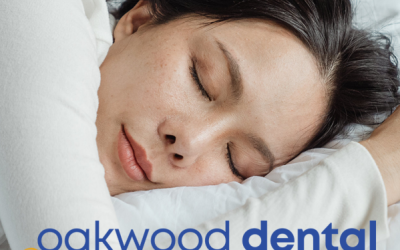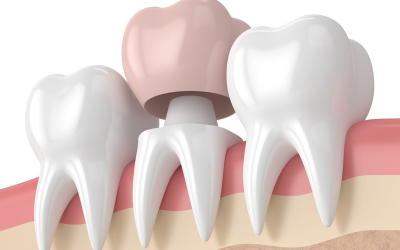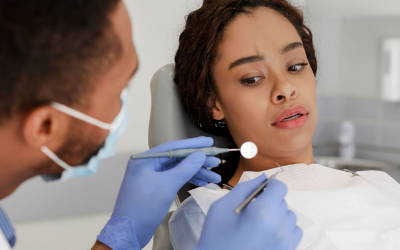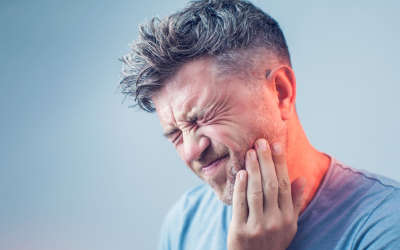Do you notice that your teeth are starting to hurt now that it’s getting colder? Believe it or not, sensitive teeth can also be sensitive to the temperatures outside. A lot of dental patients complain that the cold air not only stings their cheeks but hurts their mouth. However, simple science explains why your teeth may be aching in the cold, and what you can do about it short of wearing a mask over your mouth to help reduce the amount of wind that hits your teeth.
The Science Behind Aching Teeth in the Cold
Unlike your body temperature which remains fairly stable unless you are in harsh weather conditions, the temperature of your front teeth can change by as high as 120 degrees. Like other materials, teeth can expand and contract based on their current temperature. So when you are outside in the cold your teeth start to contract which can be painful if you already have sensitive teeth. Then, when you warm back up they expand again which can exacerbate small cracks in the enamel.
Fillings Add to the Pain
Unfortunately, if you have amalgam fillings the pain can be even worse. Amalgam fillings are made of a mixture of metals such as tin, mercury, silver, and copper. They are durable and usually a cost-effective filling solution so they are used commonly in areas that aren’t easily seen like molars. However, metal expands and contracts quickly, especially compared to the rest of your natural teeth. Therefore, the uneven cooling and heating can cause your teeth to hurt even more in cold temperatures if you have fillings in your mouth.
Exposed Dentin Can Worsen Pain
The pain will be worse for those who have exposed dentin, the layer that is underneath the enamel. Enamel is the outer layer of your teeth, but it can wear away over time with repeated exposure to highly acidic foods or improper tooth care. As it wears away dentin is exposed along with nerves that should be hidden inside the tooth. This leaves open nerves open to the cold, and the result can be painful teeth.
How to Prevent Pain In the Cold?
If your teeth noticeably hurt when you are outside in the cold, it is a good idea to schedule a checkup with your dentist. Your dentist can properly appraise your teeth to make sure that you don’t have cavities that need treatment. Sometimes temperature sensitivity is the first indication that an infection has reached the pulp down at the heart of the tooth.
Other times, your dentist may simply recommend you start using a toothpaste designed for sensitive teeth. Dentists can also paint on a protective varnish that can act as an outer barrier if your enamel is wearing down. This varnish not only helps reduce temperature sensitivity, but it can protect your teeth from further enamel decay. If you are dealing with constant tooth sensitivity every time you head out in the cold, call Oakwood Dental to see what we can do to help.

 718-979-2121
718-979-2121









0 Comments